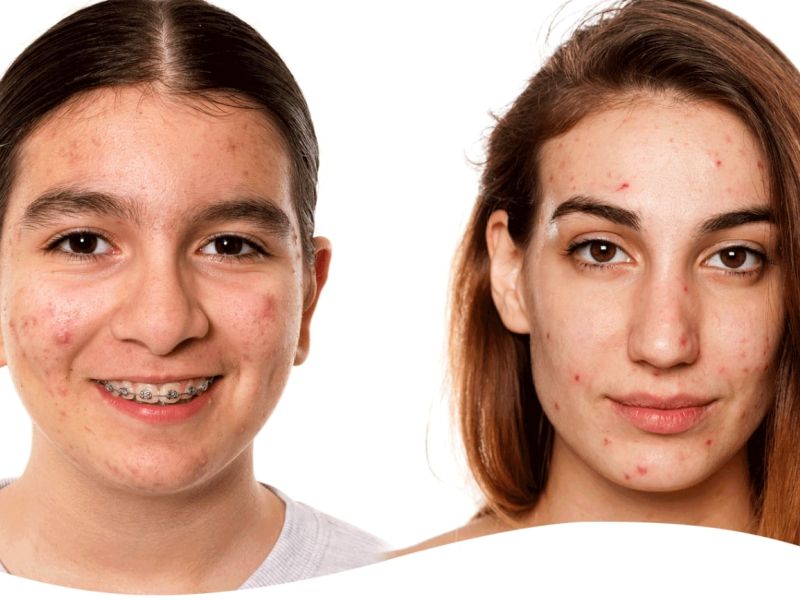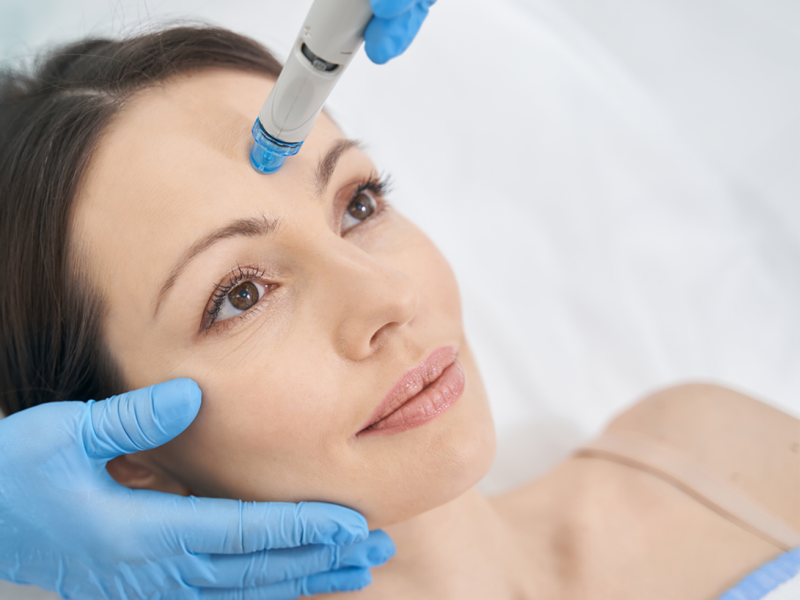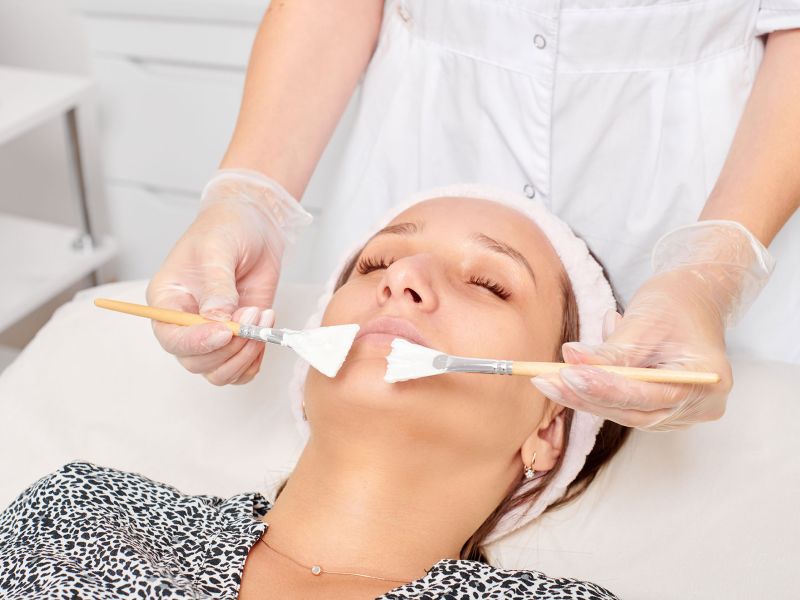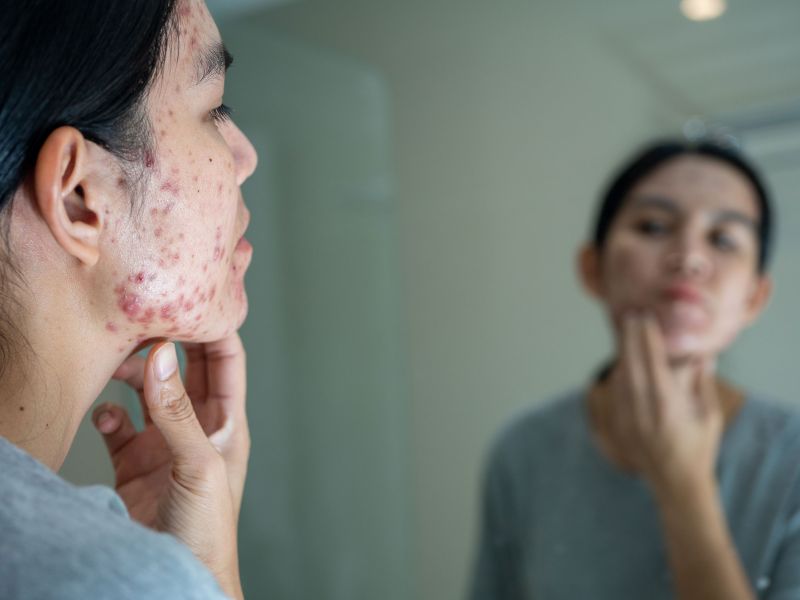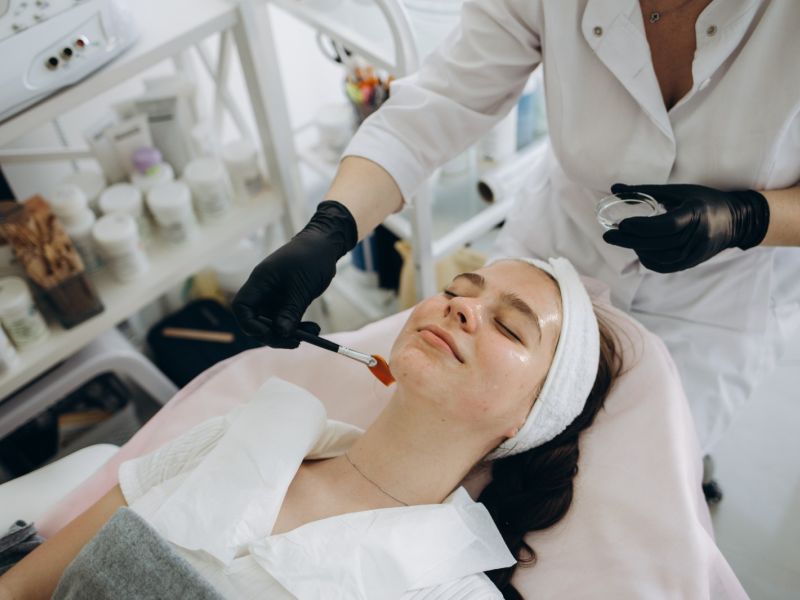Sun Protection: How to Keep Your Skin Safe from Sun Damage?

Sun damage is a serious concern for anyone who spends time outside. Prolonged exposure to the sun’s ultraviolet (UV) radiation can lead to a variety of skin problems, including premature aging, wrinkles, sunburn, and even skin cancer. However, with the right precautions and protection, you can keep your skin safe from sun damage. In this article, we’ll explore some effective strategies for keeping your skin healthy and protected from the sun.
Apply Sunscreen Regularly
One of the best ways to protect your skin from sun damage is to apply sunscreen regularly. Look for a broad-spectrum sunscreen with an SPF (Sun Protection Factor) of at least 30. Apply it generously to all exposed skin at least 30 minutes before going outside, and reapply it every two hours or after swimming or sweating. Sunscreen is an essential component of any sun protection routine, and it’s an easy and effective way to keep your skin safe. When applied proportionately and regularly, sunscreen helps to prevent premature aging, which is one of the main outcomes of having your skin damaged by the sun. No matter the weather conditions, it never hurts to apply sunscreen, even on a cloudy day.
Cover Up
Another effective way to protect your skin from the sun is to cover it up. Wear protective clothing that covers your arms, legs, and other exposed areas. Choose lightweight, breathable fabrics that won’t make you feel too hot. Consider wearing a wide-brimmed hat to shade your face, neck, and ears. Sunglasses can also help protect your eyes from UV radiation.
Seek Shade
When spending time outside, seek shade whenever possible. Stay under a tree, an umbrella, or a canopy to avoid direct exposure to the sun’s rays. If you’re at the beach or pool, consider renting a cabana or setting up a beach umbrella to stay cool and protected.
Avoid Peak Sun Hours
The sun’s rays are most intense between 10 a.m. and 4 p.m. Avoid spending too much time outside during these peak hours. If you must be outside during this time, take extra precautions to protect your skin, such as wearing protective clothing, seeking shade, and applying sunscreen regularly.
Stay Hydrated
Staying hydrated is essential for keeping your skin healthy and protected from the sun. Drink plenty of water and other fluids to prevent dehydration, which can make your skin more susceptible to sun damage. Avoid alcoholic and sugary drinks, as they can dehydrate you even further.
Be Mindful of Reflections
Reflections from water, sand, and other surfaces can intensify the sun’s rays and increase your risk of sunburn and other skin damage. Be mindful of these reflections and take extra precautions to protect your skin when you’re near reflective surfaces. Wear sunglasses to protect your eyes, and consider applying sunscreen more frequently.
Use Skin Care Products with SPF
In addition to using sunscreen, consider using skin care products that contain SPF. Moisturizers, lip balms, and even makeup can contain SPF, providing an extra layer of protection for your skin. Look for products with an SPF of at least 30, and apply them regularly throughout the day.
Eat Foods That Provide Sun Protection
There are numerous benefits to eating a healthy diet, including improved skin health. A diet high in vitamins and omega-3 fatty acids can help maintain good skin. Antioxidants can be found in a variety of meals. These minerals can aid in the prevention of cellular harm.
Antioxidants include the following:
- Citrus fruits and vegetables such as oranges and grapefruits, as well as red peppers, broccoli, and tomatoes, are high in vitamin C.
- Wheat germ oil, almonds, and sunflower seeds are all high in vitamin E.
- Carotenoids can help maintain the health of your epidermis and eyes. Carotenoids can be found in bell peppers, melons, mangoes, and sweet potatoes.
- Chicken breast, fish, brown rice, and almonds are all high in niacin.
- Beef, liver, greens, and Brussels sprouts are all high in folate.
Check Your Skin Regularly
Even with all these precautions, it’s still possible to experience sun damage. That’s why it’s important to check your skin regularly for any signs of skin cancer or other problems. Look for new or changing moles, freckles, or other marks on your skin. If you notice anything unusual, consult a dermatologist as soon as possible.
In conclusion, protecting your skin from sun damage is essential for maintaining healthy, youthful-looking skin and avoiding serious skin problems. By following these strategies, you can enjoy the sun safely and protect your skin from harmful UV radiation. Remember to be diligent and consistent with your sun protection routine, and don’t hesitate to seek medical attention if you notice any signs of skin damage.
Other Recent BLogs
-
 Acne Treatment and Truth about Chemical Peel
Acne Treatment and Truth about Chemical Peel -
 Skin Care for All Seasons, Adjusting Your Routine to Weather’s Whims
Skin Care for All Seasons, Adjusting Your Routine to Weather’s Whims -
 The Role of Stress in Skin Health: Managing Your Complexion in High-Pressure Times
The Role of Stress in Skin Health: Managing Your Complexion in High-Pressure Times -
 Understanding the Differences Between Teen and Adult Acne: A Guide from Elara
Understanding the Differences Between Teen and Adult Acne: A Guide from Elara -
 Should I Stop Using Moisturizers and Sunscreen Because I Have Acne-Prone Skin? Skincare Routine for Acne-Prone Skin
Should I Stop Using Moisturizers and Sunscreen Because I Have Acne-Prone Skin? Skincare Routine for Acne-Prone Skin -
 Skincare Care Routine For Acne Prone Skin
Skincare Care Routine For Acne Prone Skin -
 Salicylic Acid Treatment For Acne
Salicylic Acid Treatment For Acne -
 Understanding Acne And It’s Treatment
Understanding Acne And It’s Treatment
